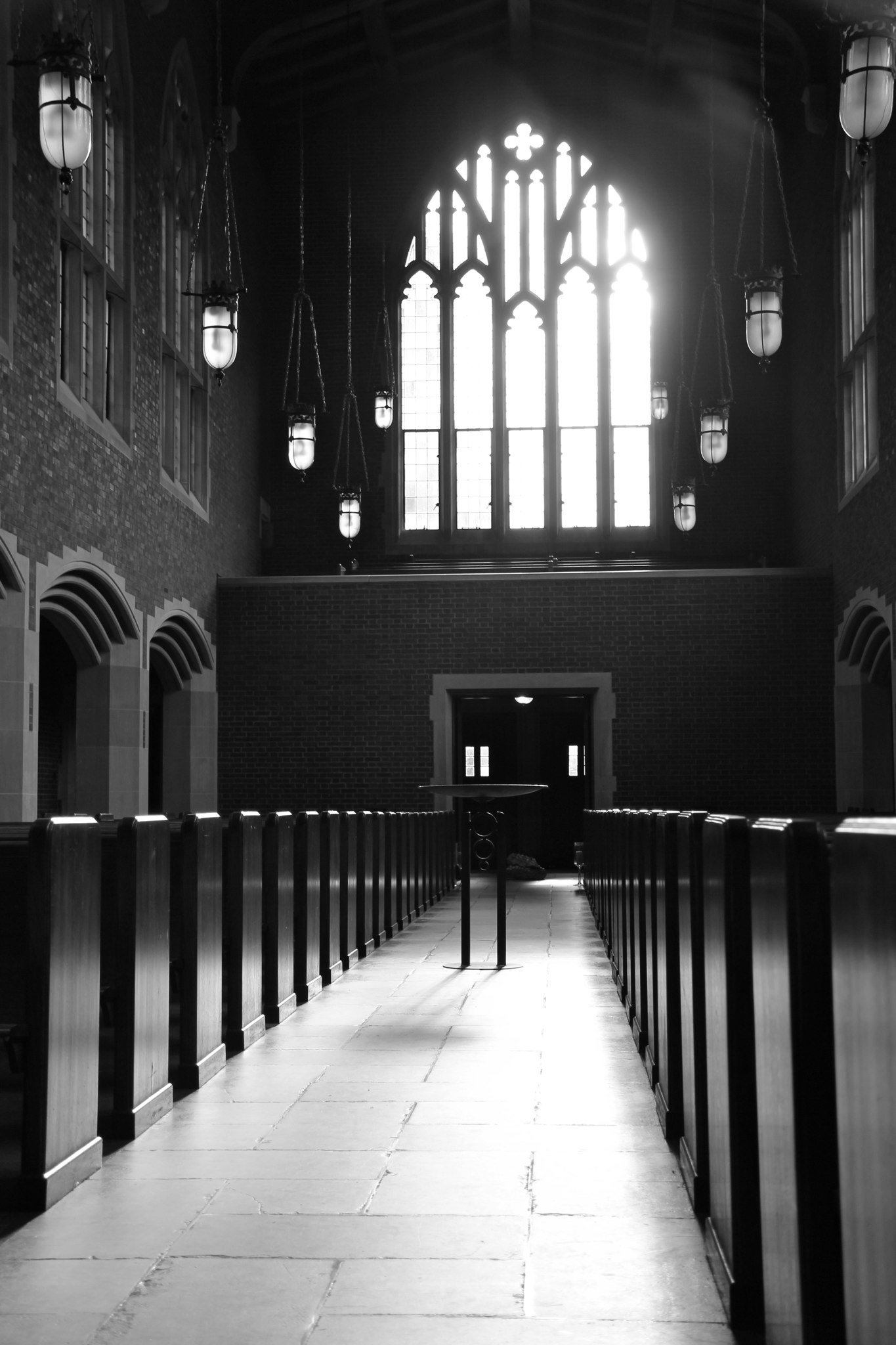
We will travel from the American frontier to the American city when Christian people built churches and were earnest in their attempt to “give their best” to God.
We will continue our journey for 2 more weeks with a focus on the shifts in music, prayer, gender roles, and location (as in architecture) of the Christian community. We will continue to “walk the paths” of those who came before us in the coming weeks as we move through the generations toward the present day.
Justo L. Gonzalez writes, (following the two World Wars…),”War, and racial and class strife divided the church – often along lines that had little to do with earlier theological differences. At times is was persecuted;at other times it was used by those with ulterior motives. Amid the perplexities of the twentieth century, its members were often divided, bewildered, and even fearful. And yet, through war, persecution and civil strife, they sought to give witness to the One whose rule of peace and justice shall have no end.” (The Story of Christianity Volume 2 pp 336-37).
The Social Gospel that marks the Methodist Tradition rose in the midst of these times.
“Taking an active stance in society is nothing new for followers of John Wesley. He set the example for us to combine personal and social piety. Ever since….we have been known as a denomination involved with people’s lives, with political and social struggles, having local to international mission implications. Such involvement is an expression of the personal change we experience in our baptism and conversion. The United Methodist Church believes God’s love for the world is an active and engaged love, a love seeking justice and liberty. We cannot just be observers. So we care enough about people’s lives to risk interpreting God’s love, to take a stand, to call each of us into a response no matter how controversial or complex. The church helps us think and act out a faith perspective, not just responding to all the other “mind-makers-up” that exist in our society.” (from The Book of Resolutions of the UMC, 2008)
How might your belief in God cause you to take a political or social stand where you live? What might give you pause to take such risks on reaching in love in this way?

0 Comments